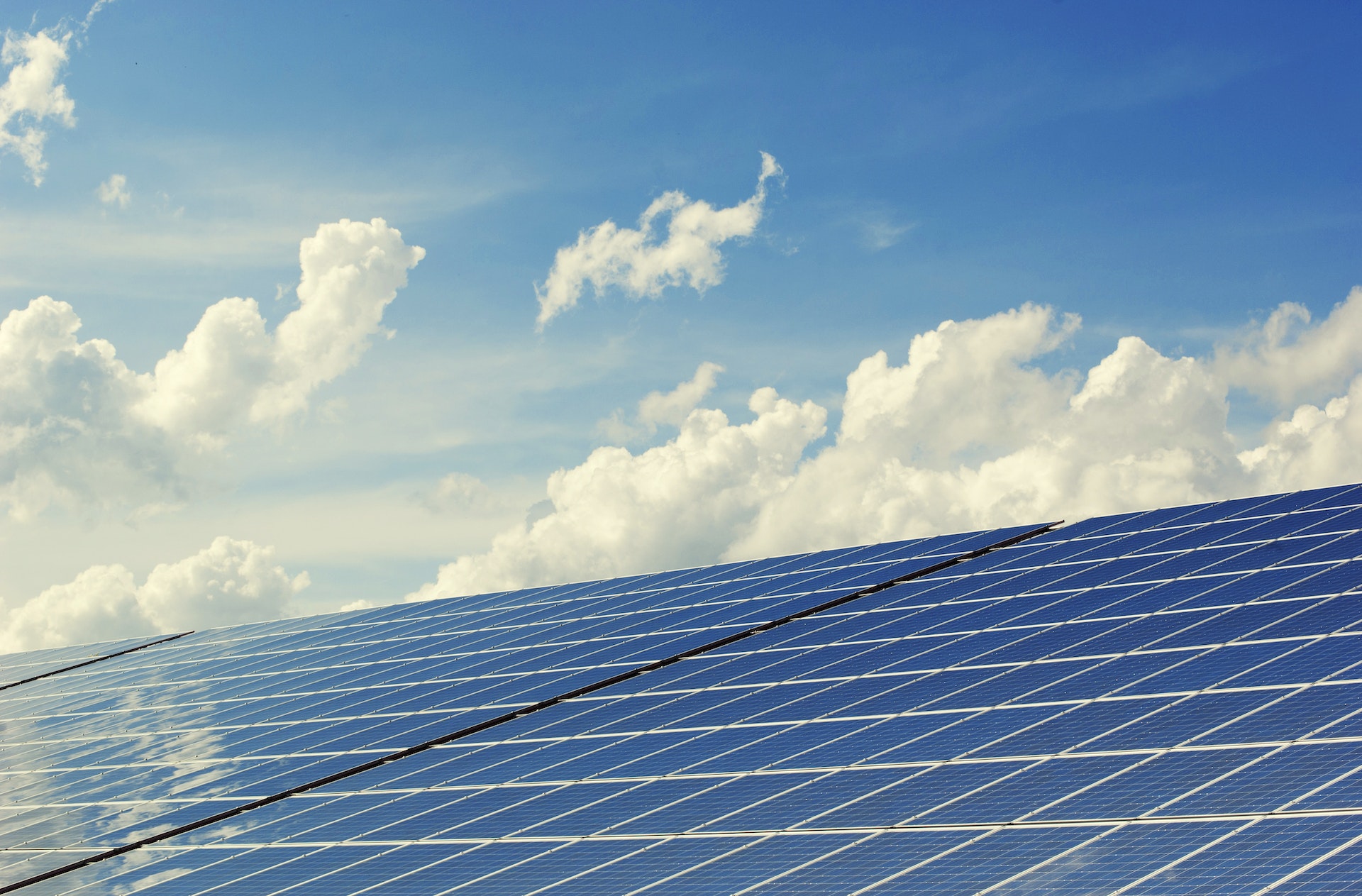Table of Contents
With the growing concern over climate change and the push toward renewable energy, many homeowners are considering switching to solar panels. Solar energy is renewable, sustainable, and cost-effective, but is it worth it to invest in solar panels? In this article, we’ll explore the pros and cons of switching to solar panels.
Pros
Renewable Energy: Solar panels harness energy from the sun, which is a renewable source of energy. Unlike fossil fuels, solar energy will never run out. By switching to solar panels, you can reduce your carbon footprint and help protect the environment.
Lower Electricity Bills: One of the biggest advantages of switching to solar panels is the potential for significant savings on your electricity bills. Once your solar panels are installed, you can generate your own electricity and reduce your reliance on the grid. This means lower energy bills and potentially even earning money by selling any excess energy back to the grid.
Government Incentives: The government offers incentives to encourage homeowners to switch to solar panels. These incentives can include tax credits, rebates, and other financial incentives. These incentives can help offset the upfront costs of installing solar panels, making them more affordable for homeowners.
Increase Home Value: Solar panels are an investment in your home, and they can increase your home’s value. According to studies, homes with solar panels sell for more than homes without them. If you’re planning on selling your home in the future, installing solar panels can be a smart financial move.
Cons
High Upfront Costs: One of the biggest barriers to switching to solar panels is the upfront cost. The cost of solar panels has come down significantly in recent years, but it can still be a significant investment. However, with the potential for savings on energy bills and government incentives, the investment can pay off in the long run.
Weather Dependent: Solar panels rely on sunlight to generate electricity. If you live in an area with a lot of cloudy or rainy days, your solar panels may not generate as much electricity as you need. However, battery storage solutions can help mitigate this issue.
Maintenance Costs: While solar panels require minimal maintenance, they still require occasional cleaning and inspection. Over time, you may need to replace parts or make repairs, which can add to the overall cost of your investment.
Installation Issues: Installing solar panels requires a professional installer, and not all homes are suitable for solar panel installation. The orientation of your home, the amount of shade, and the condition of your roof can all impact the installation process.
Conclusion
In conclusion, switching to solar panels can be a smart financial and environmental decision for homeowners. However, it’s important to consider both the pros and cons before making the investment. If you’re interested in switching to solar panels, research your options and speak with a professional installer to determine if it’s the right choice for your home.
